On Monday I went up to Lake Forest to watch a controlled/prescribed prairie burn on the land that backs up to the Ragdale Foundation’s residency properties. Some time ago, Ragdale donated its 50 acres of prairie land to the Lake Forest Open Lands Association, a non-profit community land trust conserves and stewards more than 900 acres of land in Lake County; controlled burns are one land management strategy they use.
I’d been thinking about doing this for ten years. I was a Ragdale resident in March 2015, and I saw them prepping for a burn on my last day there. Every year since, I’ve thought about asking them if I could come watch, but I usually don’t remember in time. This year I did, and land manager Jess Sladek generously let me check it out. My friend Eiren Caffall, also an alum, came, too. (Buy her books!!!) It was a pretty small one—sometimes these can cover much bigger areas and produce much bigger fires.
I don’t know that I have much to say about it, or at least I don’t want to say anything stupid. But I took some neat pictures and I thought you might like to see them.
This isn’t really related, but I managed to dictate it into my Notes app, so here you go!
On the last day of class yesterday, one of my students asked me if I thought the US was really descending into fascism. My answer was this:
When people wonder if the world around them is changing, it usually means it has already changed. By the time we start to ask that question, we have been living through the unsettling experience of seeing things fail—not big things, necessarily, or even coherent things, but the patterns of organization and meaning that seem to order our lives have begun to break down. It does not seem systematic, but like a series of minor disasters, runs of bad luck. Your refrigerator breaks the same week the boiler dies, a few days after your car battery does. But, you realize later, it was not like this. It was a chain of related events.
This something that I started to understand in graduate school, when I was working on histories related to, and extending from, the time US historians typically understand as the beginning of American modernity, which is the 1830s or so. We say that for a few reasons, one of which is certainly related to the origin of ideas about governance and state function that emerged around then. But we also say that because it is the beginning of what we understand to be mass society, an inflection point at which a society organized around rural, isolated communities began to be displaced by moves to and settlement in much bigger urban agglomerations, places which grew so quickly that it became increasingly difficult for extant patterns of social experience and community organization to continue to work.
Americans had lived for a while in places where there were no strangers, at least not among white settlements. I mean this literally. Many communities had laws forbidding strangers from stopping through or settling. When everyone knows everyone else, it is easy to maintain order based on pretty plain and stable social contracts. But when it is no longer possible to know all of your neighbors, the things that maintain those earlier societies just don’t work anymore.
It’s not exactly coincidental that the beginning of mass society coincided with the beginning of mass media and media technologies. It’s why you start to see the appearance of etiquette guides and travel guides (which were often called strangers’ guides), new genres of books (an increasingly mass technology, with new and cheaper physical forms) intended to help people figure out how to live in new ways. But they didn’t understand themselves to be “learning to live in new ways.” They did not understand themselves to be living in a “modern America” or to be witnessing the arrival of modernity. More often, they thought that these new forms were hacks to help them extend the society they had been living in, to make things work better for a while— not tools for living in a different world. They didn’t know that those things they were trying to shore up would not survive. We know now that what they were experiencing was a cataclysm. But they had no idea that all had already been lost.
I think it is clearer now that this is probably what happened with social media. Its appearance marked the end of the world and the beginning of another, but we have spent 20 years trying to use it to shore up things that were breaking down. We tried to understand it as a tool for better living, rather than a tool for living differently.
I don’t know if what has happened is called or will be called fascism, I told my students. That will be some other historian’s job. But I know it is not happening. It’s already over. It’s already here.
Before class yesterday, I was listening to a guided meditation and the teacher talked about letting thoughts pass like clouds in the sky: the sky doesn’t try to hold clouds, she said. The sky doesn’t try to grasp a rainbow. I thought about this sky and the smoke and steam that rose from the ground into the air.

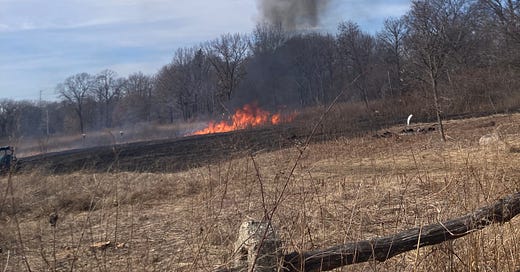



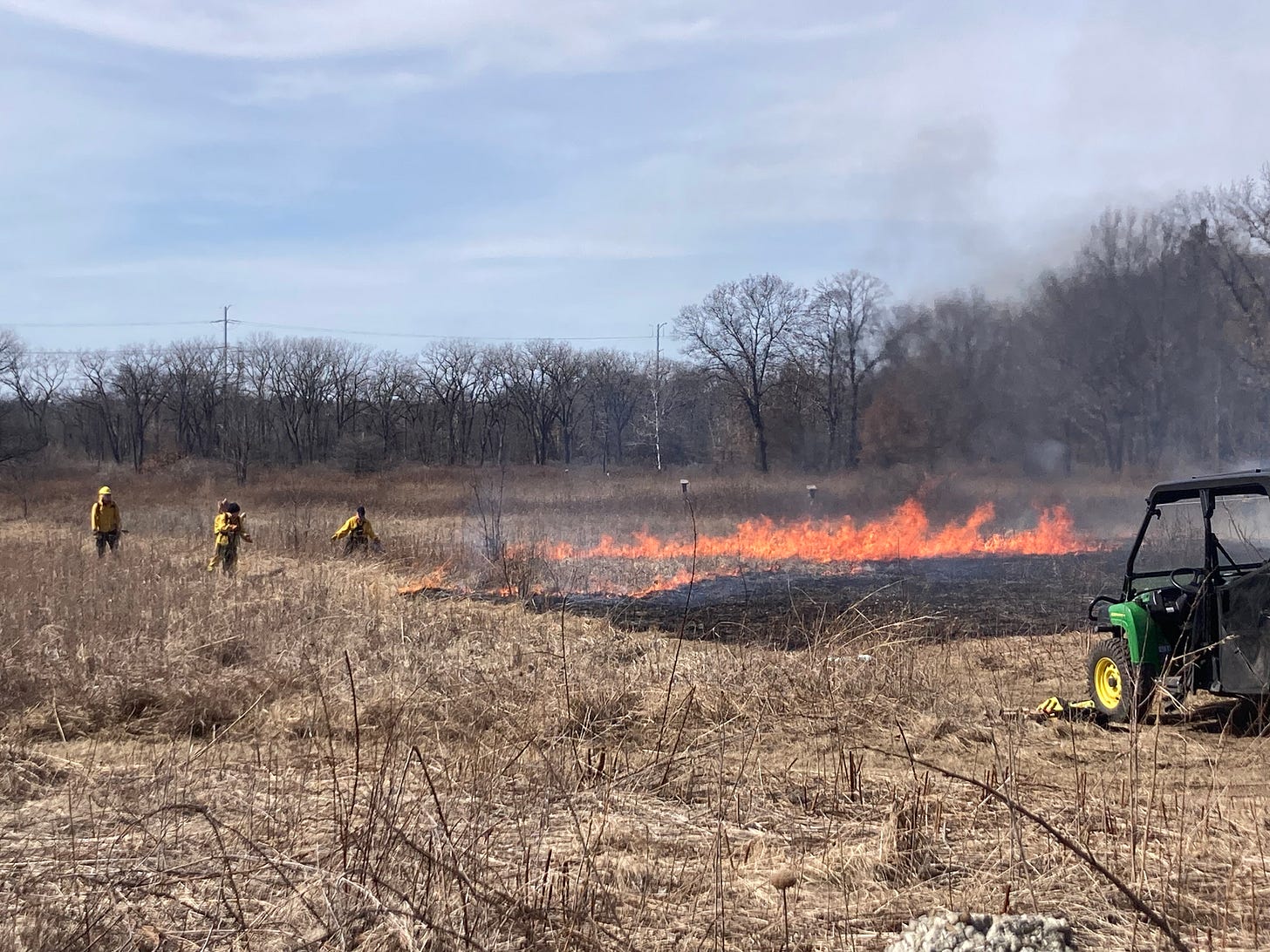
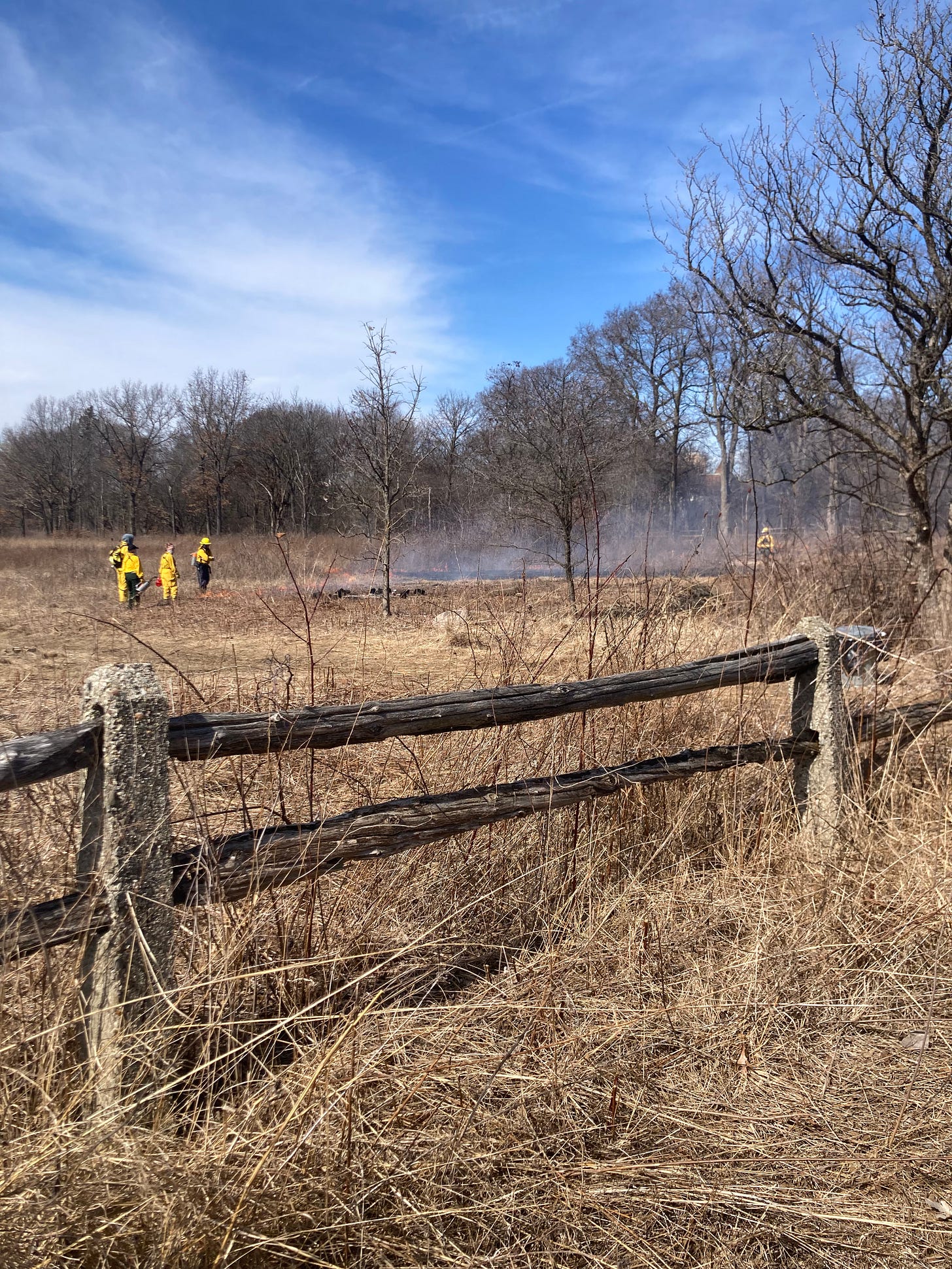
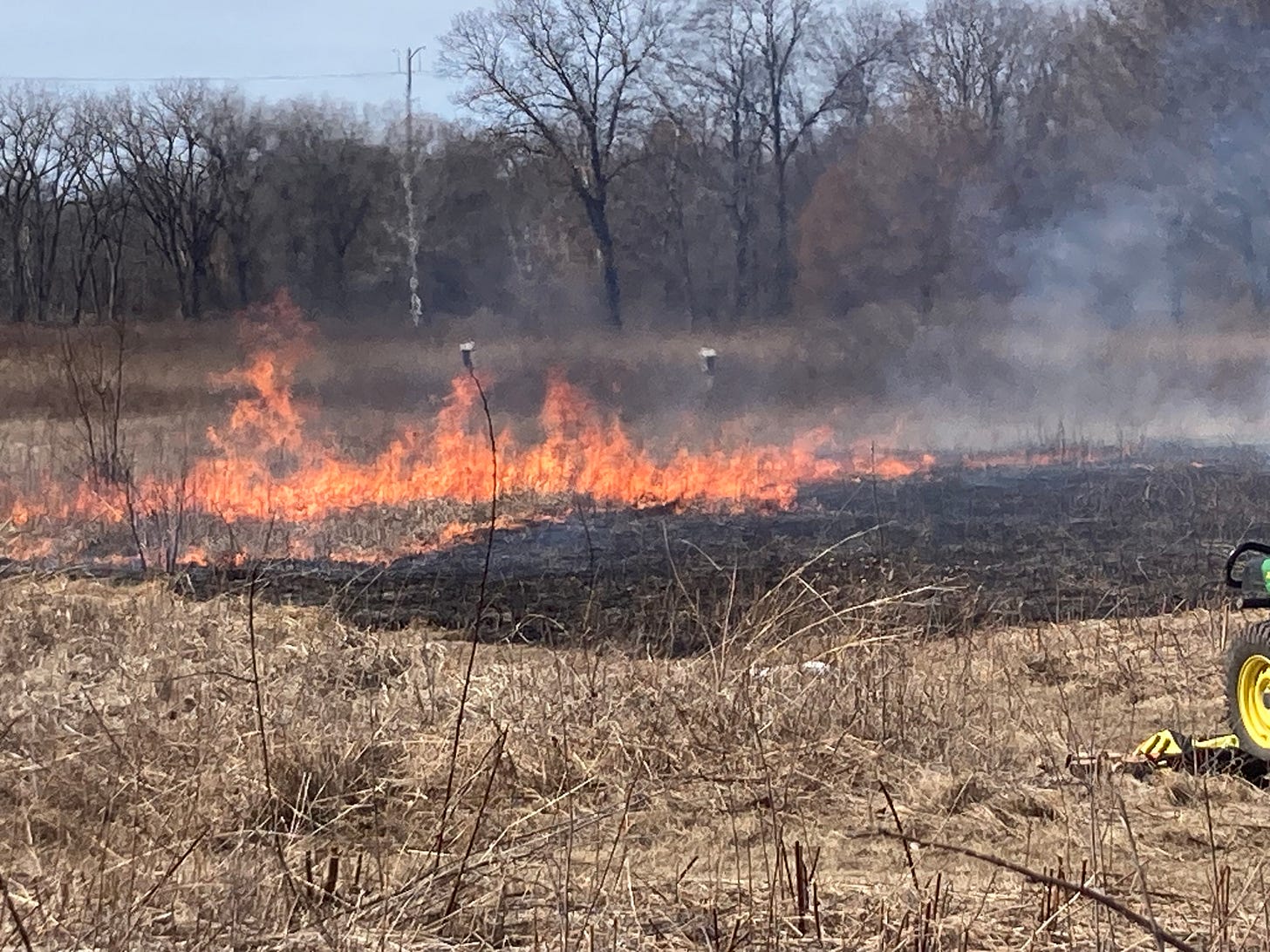
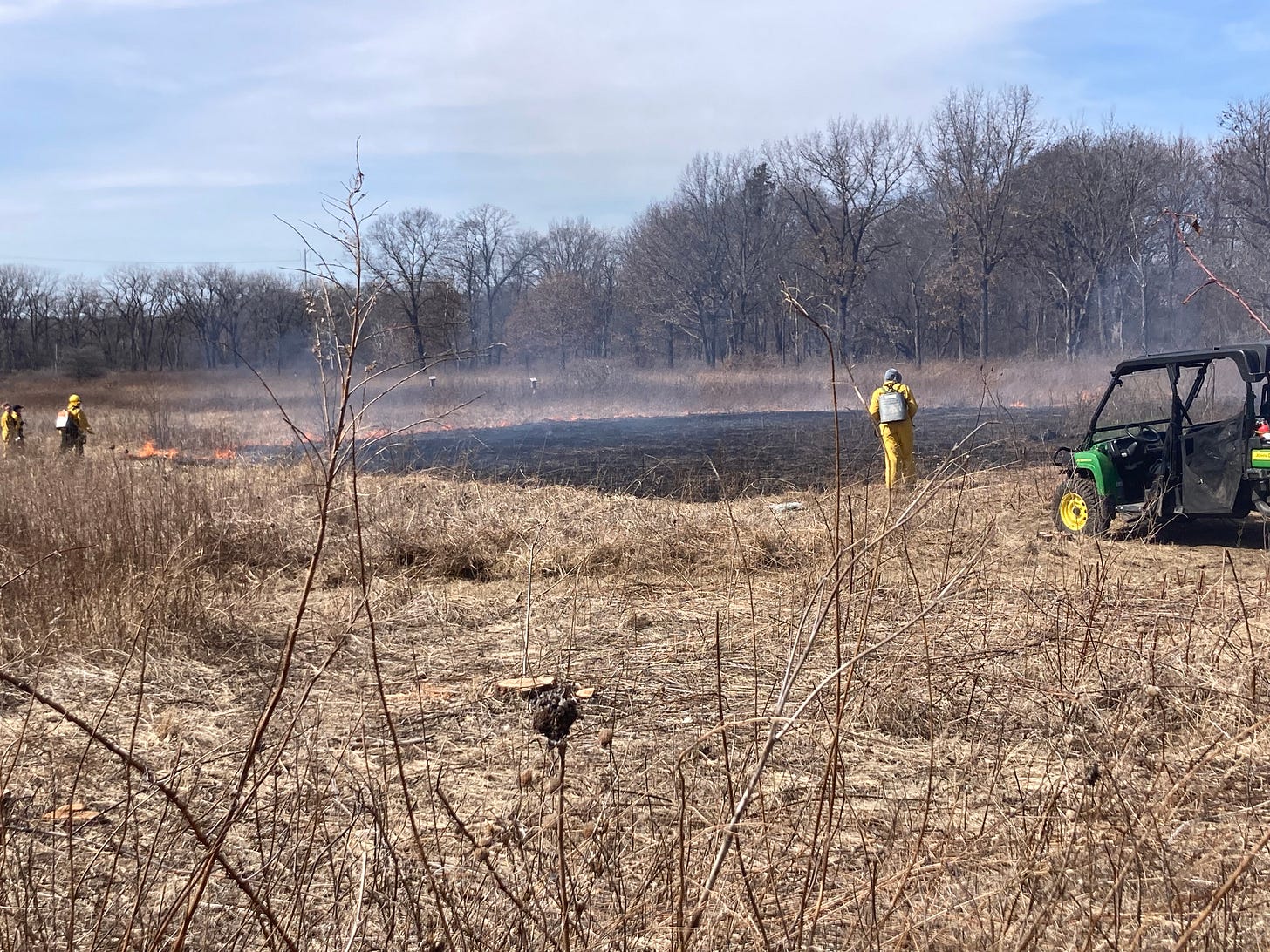
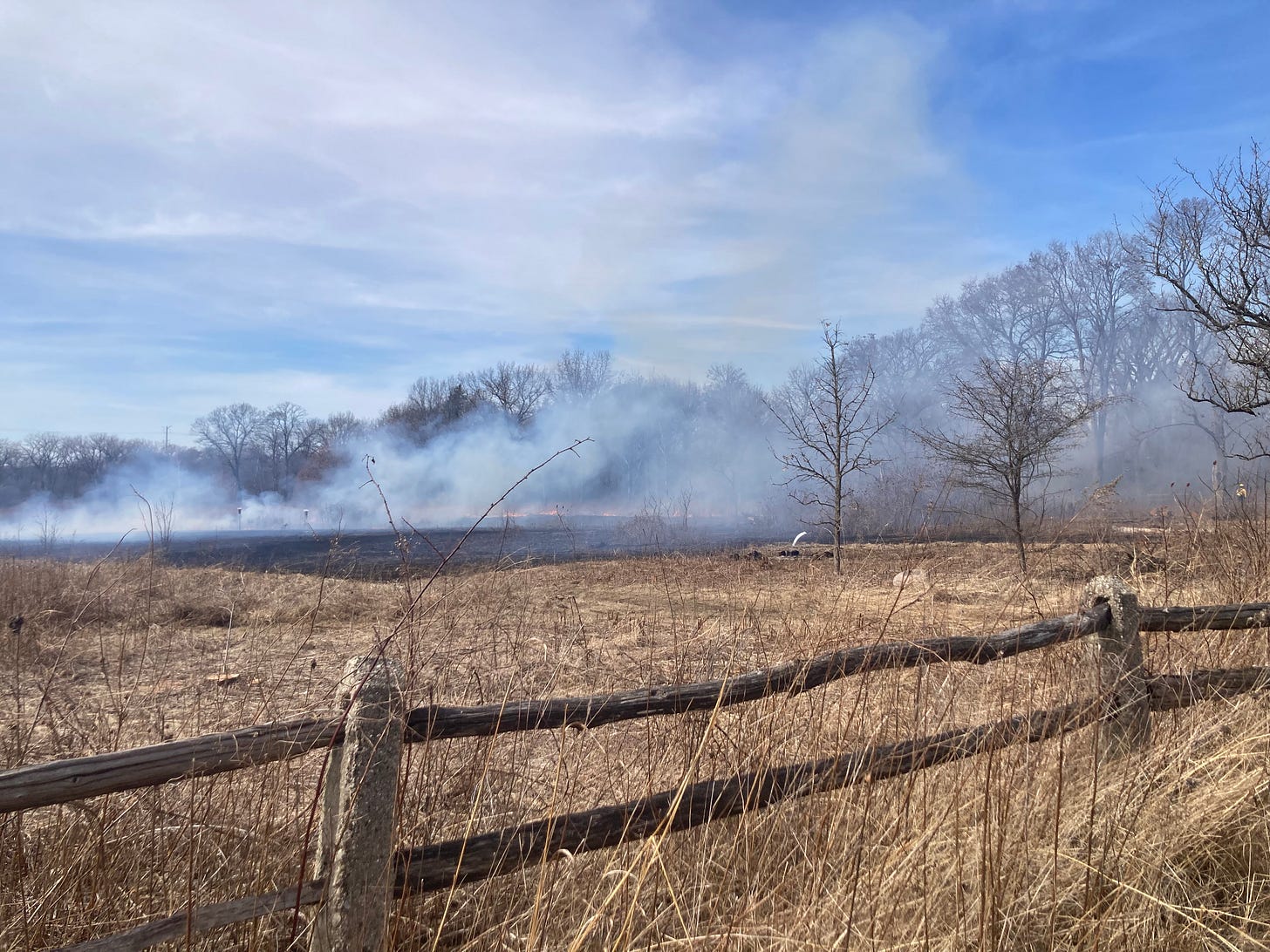
I very much appreciate how carefully you map—and historicize!—understandings of the present. I have been a little irritated by all the "is this fascism yet" posts, accompanied by charts and graphs and listicles of what is and isn't fascism. Your lucidity is refreshing!
(I have a thought about how fascism and christian nationalism are being used to avoid the term white supremacy, but I am very much trying not to think toward the U.S. too much.)
Loved this. I got really into Tara Brach's guided meditations during the pandemic and I've been returning to them recently. They really help me cope with the new world.